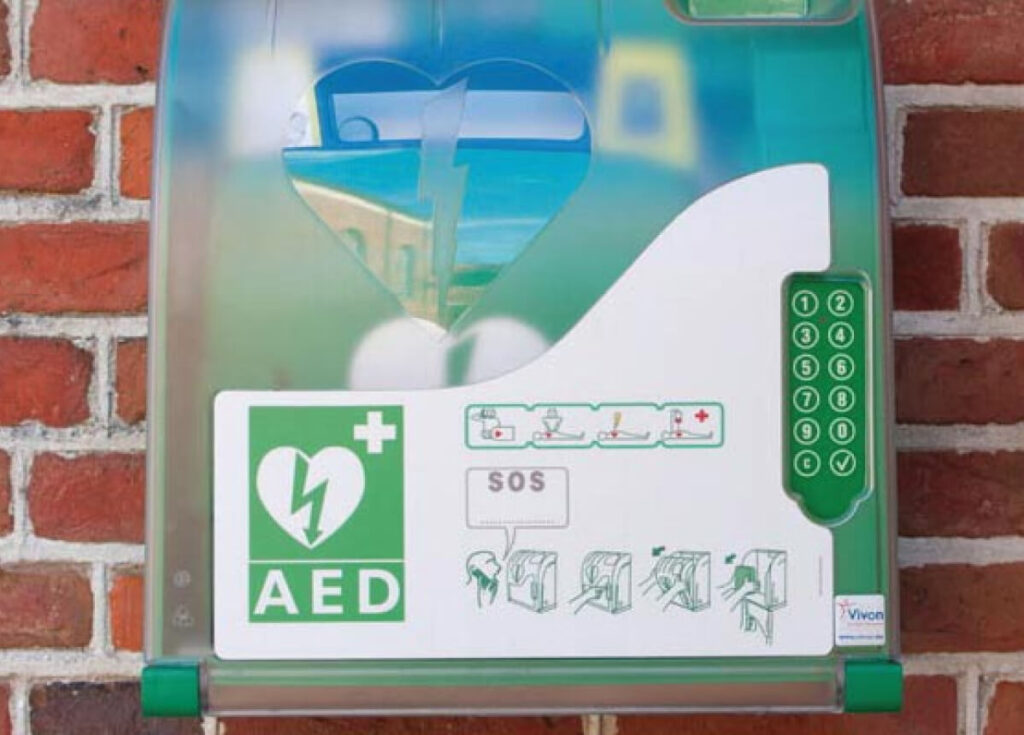Medical Device Redesign: Overcoming Obsolescence & Compliance Hurdles
In a compelling case study, we delve into the intricacies of a medical device redesign undertaken by Boston Engineering. Their client, having acquired a manufacturer of an automatic external defibrillator (AED) plagued by recalls, faced a multitude of challenges. The device's components were mostly obsolete, necessitating a strategic redesign to meet compliance requirements and overcome regulatory obstacles. Explore how Boston Engineering tackled these hurdles and steered the client toward a successful market reintroduction.
The Challenge: Obsolescence and Compliance
The acquired AED, once recalled, posed a dual challenge.  First, the majority of its components were obsolete, raising significant obstacles to its reintroduction into the market. Second, impending changes in FDA regulations demanded accelerated submission timelines to avoid stringent regulatory mandates. Boston Engineering stepped in to address these challenges strategically.
First, the majority of its components were obsolete, raising significant obstacles to its reintroduction into the market. Second, impending changes in FDA regulations demanded accelerated submission timelines to avoid stringent regulatory mandates. Boston Engineering stepped in to address these challenges strategically.
Insightful Solutions:
The Boston Engineering team initiated a comprehensive redesign aimed at improving manufacturability, replacing obsolete components, and aligning with the latest regulatory standards. Key components of their approach included:
-
Advanced Component Sourcing: Identifying and sourcing advanced replacement components that were readily available, ensuring the device's sustainability in the long term.
-
Software and Hardware Verification: Conducting rigorous tests and reviews to verify the redesigned product's hardware and software, aligning with the current American Heart Association (AHA) guidelines.
-
Protocol Enhancement: Implementing new protocols, specifically in timing and sequences, to ensure compliance with the latest standards.
-
Labeling Revision: Revising product labeling to reflect the updated design and adhere to current regulatory requirements.
Navigating Regulatory Changes: FDA 510(k) Submission
 The FDA's reclassification of AEDs from Class III to premarket approval (PMA) devices added an additional layer of complexity. To circumvent the need for expensive and lengthy clinical trials, Boston Engineering needed to link existing clinical data to the rebranded product. They created and submitted the FDA 510(k) prior to regulatory changes, positioning the client strategically ahead of the curve.
The FDA's reclassification of AEDs from Class III to premarket approval (PMA) devices added an additional layer of complexity. To circumvent the need for expensive and lengthy clinical trials, Boston Engineering needed to link existing clinical data to the rebranded product. They created and submitted the FDA 510(k) prior to regulatory changes, positioning the client strategically ahead of the curve.
Impressive Impact in a Short Timeframe:
Despite the complexity of the task at hand, Boston Engineering completed the product redesign, verified software and hardware changes, and managed the FDA submission process within a remarkable nine-month timeframe. The FDA accepted the 510(k) submission for substantial review before the device classification change, showcasing the team's efficiency and expertise.
Strategic Advancement:
By meeting an aggressive schedule and completing the  project ahead of the federal AED reclassification, Boston Engineering significantly advanced the client's AED launch strategy, particularly for the burgeoning Chinese market. The successful FDA clearance now positions the client to navigate the regulatory landscape in China seamlessly, further enhancing their global market presence.
project ahead of the federal AED reclassification, Boston Engineering significantly advanced the client's AED launch strategy, particularly for the burgeoning Chinese market. The successful FDA clearance now positions the client to navigate the regulatory landscape in China seamlessly, further enhancing their global market presence.
The case study of this medical device redesign serves as a testament to the capabilities of Boston Engineering in navigating complex regulatory landscapes, overcoming obsolescence challenges, and strategically positioning their client for success. The seamless integration of hardware and software solutions, coupled with an agile approach to compliance, sets a noteworthy example in the medical device industry.
To read the full case study, click here.
For almost three decades, Boston Engineering has designed, developed, and optimized devices and technologies the medical community relies on to save lives, enrich quality of life, and reduce costs to the healthcare system. We provide solutions to the challenges in the adoption of surgical robotics.
Our expertise includes industrial design and product redesign, sensors and control systems, robotics technical innovation, and digital software solutions.
Imagine your Impact: Stay up-to-date with the latest insights and trends we're watching. Add your email address below and sign up for a monthly summary of our most impactful posts!












